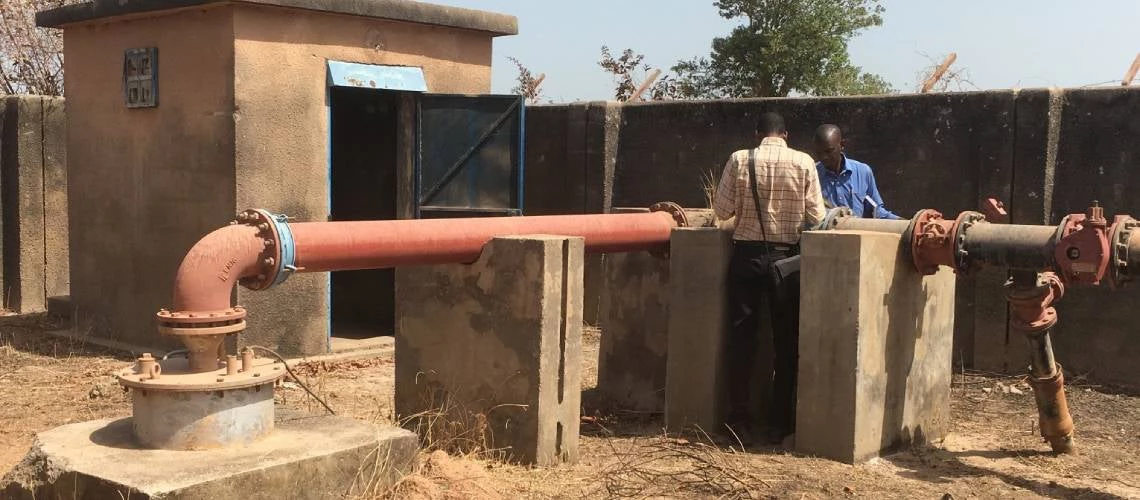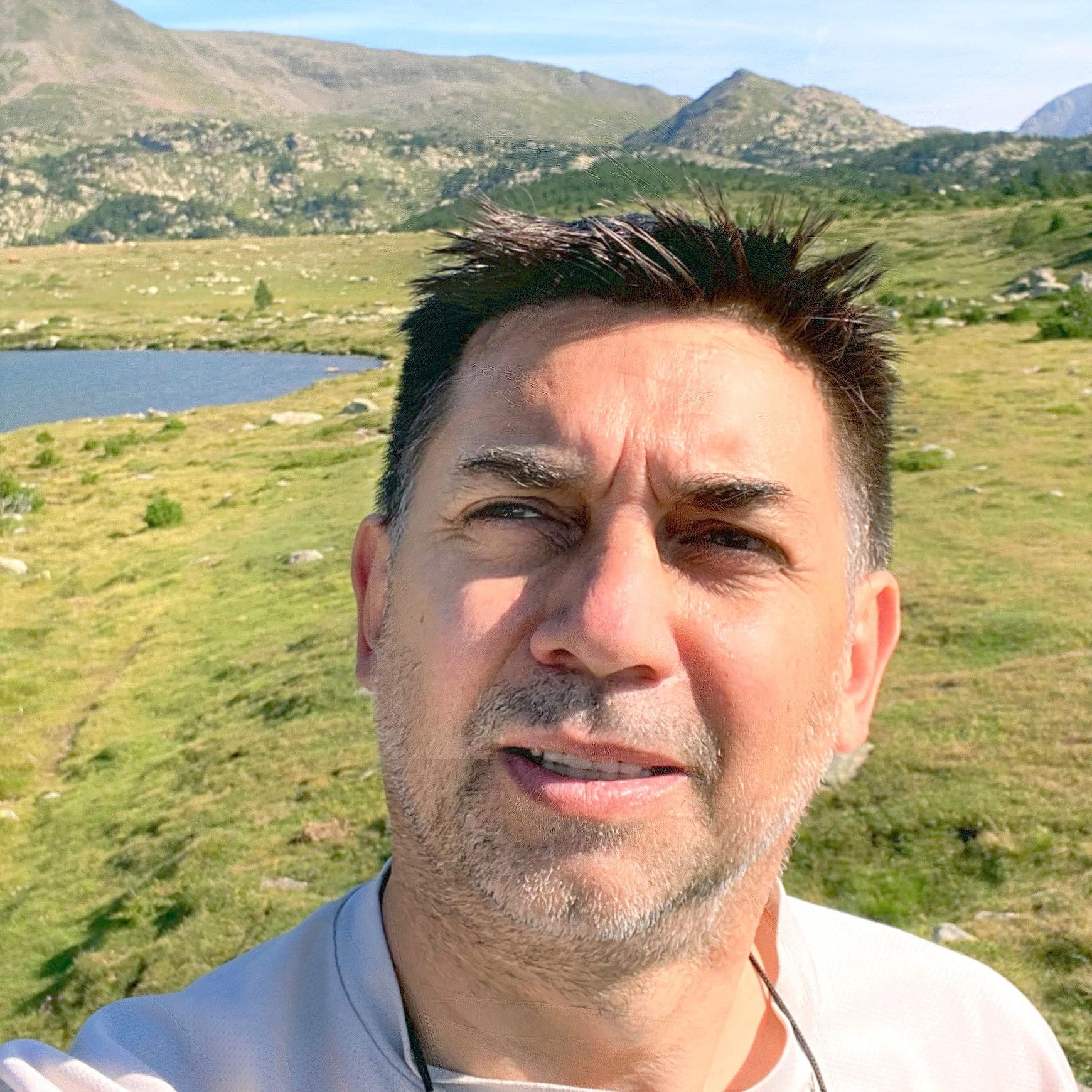 A routine visit to one of the many boreholes that supply the drinking water network in Banjul, The Gambia
A routine visit to one of the many boreholes that supply the drinking water network in Banjul, The Gambia
Did you know that a quarter of the world's urban population depends on groundwater for their daily water supply? This dependence underscores the vital role that durable and reliable water wells and boreholes play in ensuring community water security. Let's work together to make sure our boreholes last as long as they should!
An often-overlooked aspect of water supply management is the availability of reliable data on the lifespan of water wells and boreholes. An accurate benchmark for their lifespan is pivotal for all stakeholders in the water sector , from water utilities that need to anticipate their replacement, to organizations dedicated to achieving universal and equitable access to affordable drinking water, such as the World Bank.
So, how do we establish such a benchmark? The answer lies in the stories and data of borehole heroes worldwide. Guess what? You can be one of these borehole heroes by sharing the story of your city's boreholes—when were they initially constructed, are they still maintaining the same yield, and if they’ve been abandoned, when did that happen? Your insights could significantly contribute to improving our understanding of borehole lifespan and enhancing water security for communities worldwide.
A recent World Bank report on the economics of groundwater revealed a troubling reality: investments often fail to consider the operational efficiency and durability of water wells and boreholes that are constructed. Yet, the yields and lifespan expectancy of boreholes will significantly influence the capital requirements. A recent review of World Bank projects over the last 15 years showed that the costs associated with borehole construction—be it for new installations or replacements—are substantial, accounting for an average of 5% of total expenditure on drinking water systems.
The need for new boreholes is considerable. Shockingly, according to an October 2022 UN-Water report, nearly 2 billion people still grapple with consuming water that poses health hazards when a better-quality groundwater source is available nearby. Besides the necessity for constructing these new boreholes, there's also a requirement to replace aging equipment, as many boreholes end up being abandoned prematurely. Consider Andhra Pradesh, India, where 15% of boreholes were abandoned between surveys conducted in 2016 and 2019. In other cases, feedback from our field partners indicates that boreholes catering to Banjul (The Gambia) or Kingston (Jamaica) were abandoned due to nitrate contamination, while deep boreholes in Lomé (Togo) were closed down due to sand found in the extracted water.
These examples are not specific to low-income countries. Last summer, as Europe struggled with heat waves, water well problems made the headlines. The commune of Salbris in France saw its borehole silting up, halting water supply to the town. The municipality of Baltar in Spain experienced boreholes drying up, and in La Flèche in France, two boreholes had to be replaced due to declining productivity. Recently, in Ronciglione and Caprarola in Italy, a borehole got spoiled because of industrial contamination from arsenic.
Examples are endless. In the absence of a benchmark for the lifespan of boreholes, we're basically flying blind, unable to determine our investment needs and, more important, unable to plan for them.
People around the globe are working hard to maximize investments in constructing better boreholes that not only meet immediate demands but also stand the test of time. But here's the thing: without a solid understanding of how long these boreholes can actually last, it's akin to managing assets in the dark. By comparing individual data with the forthcoming benchmark, asset managers could identify areas where they need to improve the quality of construction, enhance maintenance, predict future replacement expenses, and ensure investments are robust and sustainable.
The World Bank's initiative to establish such a benchmark harbors an ambitious yet pivotal objective: to bolster our collective understanding and ensure an uninterrupted and safe water source for communities. The publication of this benchmark, scheduled for early 2025, holds the potential to be a game-changer! Your contribution is vital for the authenticity and comprehensiveness of this study. That’s why we are calling on you to share the story of your city’s boreholes. Your city plays a key role in shaping a future where drinking water is accessible to all. Together, let’s make affordable drinking water a global standard.
Ready to unite as borehole hero? Join us in this shared mission to lay down robust foundations for forthcoming generations. Email us at: betterboreholes@worldbank.org.


Join the Conversation